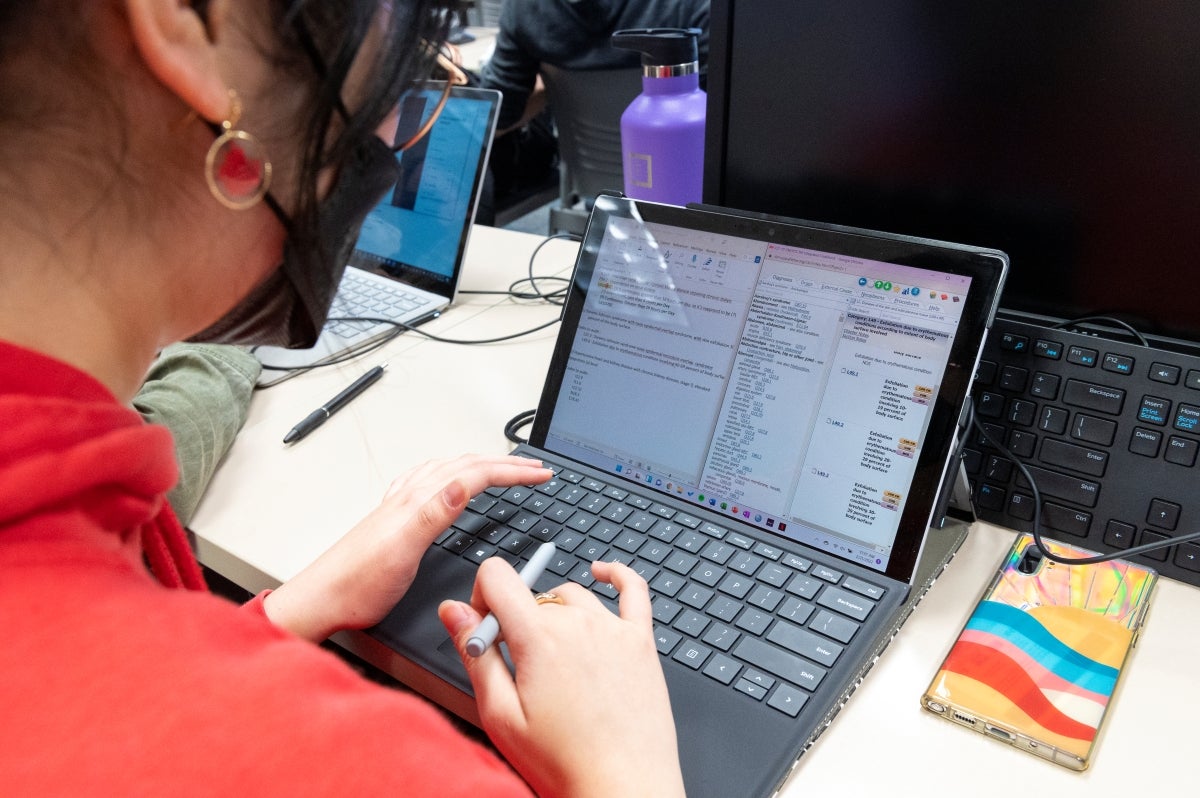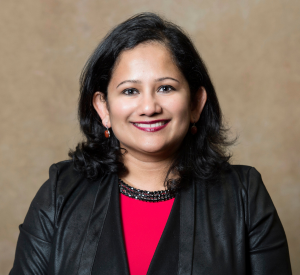I’ll admit it. Walking into Dr. Dilhari DeAlmeida’s Foundations of Health Informatics class was intimidating. Informatics buzz words like “Tableau” were embedded in the syllabus. However, her outgoing kindness made all those feelings immediately dissipate. “Call me Dilhari,” she told us. The classroom quickly became a safe place to make mistakes, ask questions and become more familiar with what health informatics is. When you ask someone in our major what exactly we do, it gets a bit difficult to explain. “Well,” we’ll say, “it’s a little bit of everything.” In Dr. DeAlmeida’s course, we focused on how to look at data in a meaningful way. While, yes, we spent time on Excel and Tableau creating pivot tables and charts of various kinds, we also put a story to the data. Sure, we saw an increase in heart disease that year, but why? What caused it and how can we make sense of it in the world of health care.
We worked through multiple modules, learning how exactly to evaluate data across different populations, and why these populations matter. In health informatics, it’s all about understanding why and where these trends are popping up. In order to fully understand, we also had to familiarize ourselves with the tools needed to arrive at these conclusions. We dove deep into database design and the concept of interoperability. While these terms seemed far-fetched or even imaginary at the beginning of the class, I can say with confidence that Dilhari made all of this extremely approachable. We organized ourselves into groups while she circulated the classroom, checking in with a kind, “How are we doing?” Nothing about “Foundations” appeared as daunting as it was on the surface.
The course also focused on developing our ability to communicate our findings. No matter the assignment, we found ourselves hypothesizing and conceptualizing our results. Being able to present what we discovered is a huge part of our future careers in health informatics. Employment outcomes range from consulting to medical coding; yet clear and concise communication is essential in all our futures. By practicing our skills in a safe environment, we prepare ourselves daily for our successes. Dilhari moved us along in the most enriching way possible, and we could not be more thankful for the gracious learning environment she sustained.
Coming into my second semester of the program, Dilhari serves as a familiar, friendly face. Our cohort has another course scheduled with her this year, and we are thrilled to have her. Foundations of Health Informatics laid the groundwork for our bright prospects ahead. Learning from both Dilhari and each other, we have found that health informatics is a combination of many skills. Thankfully, beginning the program with someone as intelligent and poised as Dilhari has shown us a glimpse of our futures. Her kindness does not discount how hard she has worked to give us all the resources we need for success.

